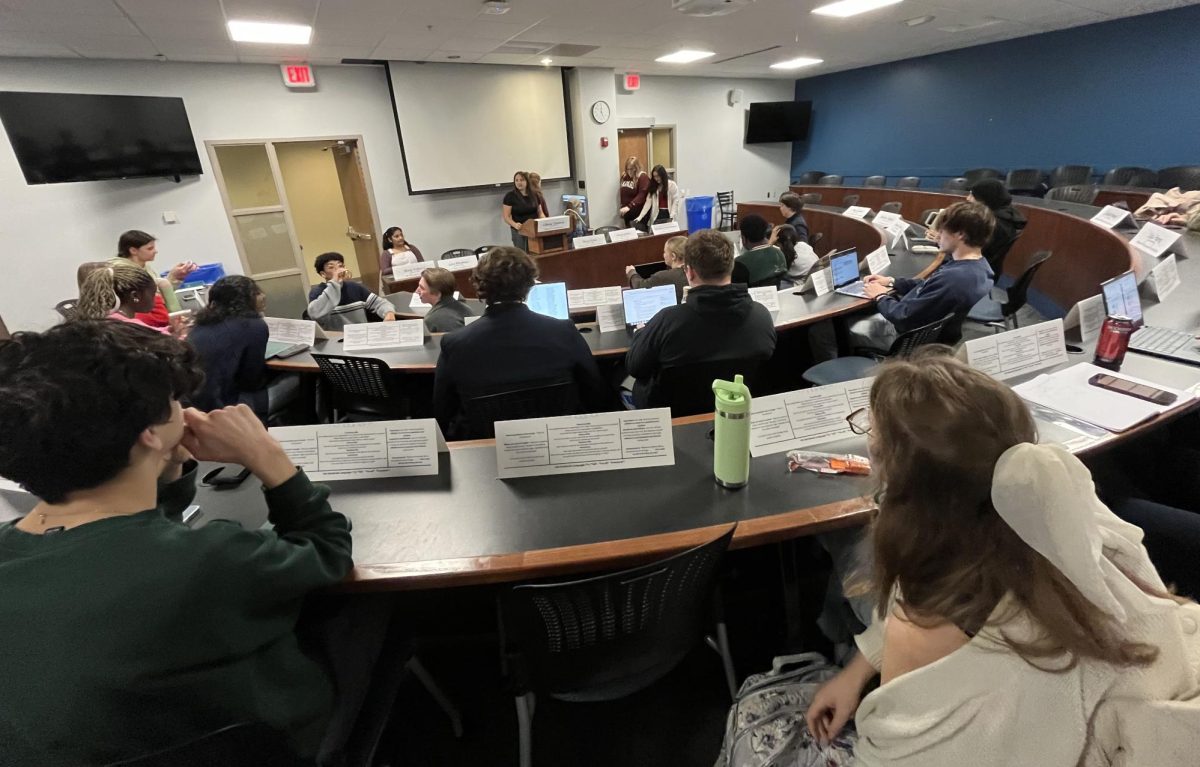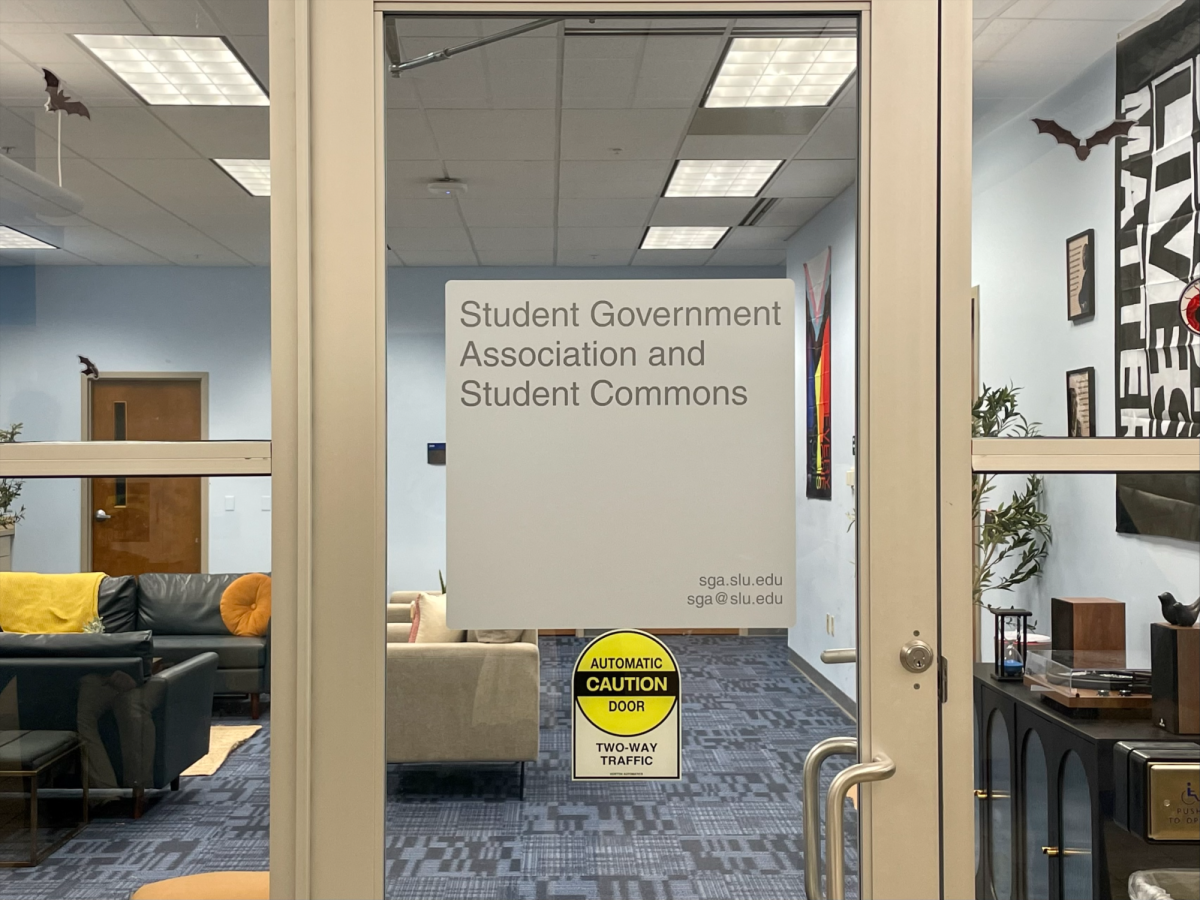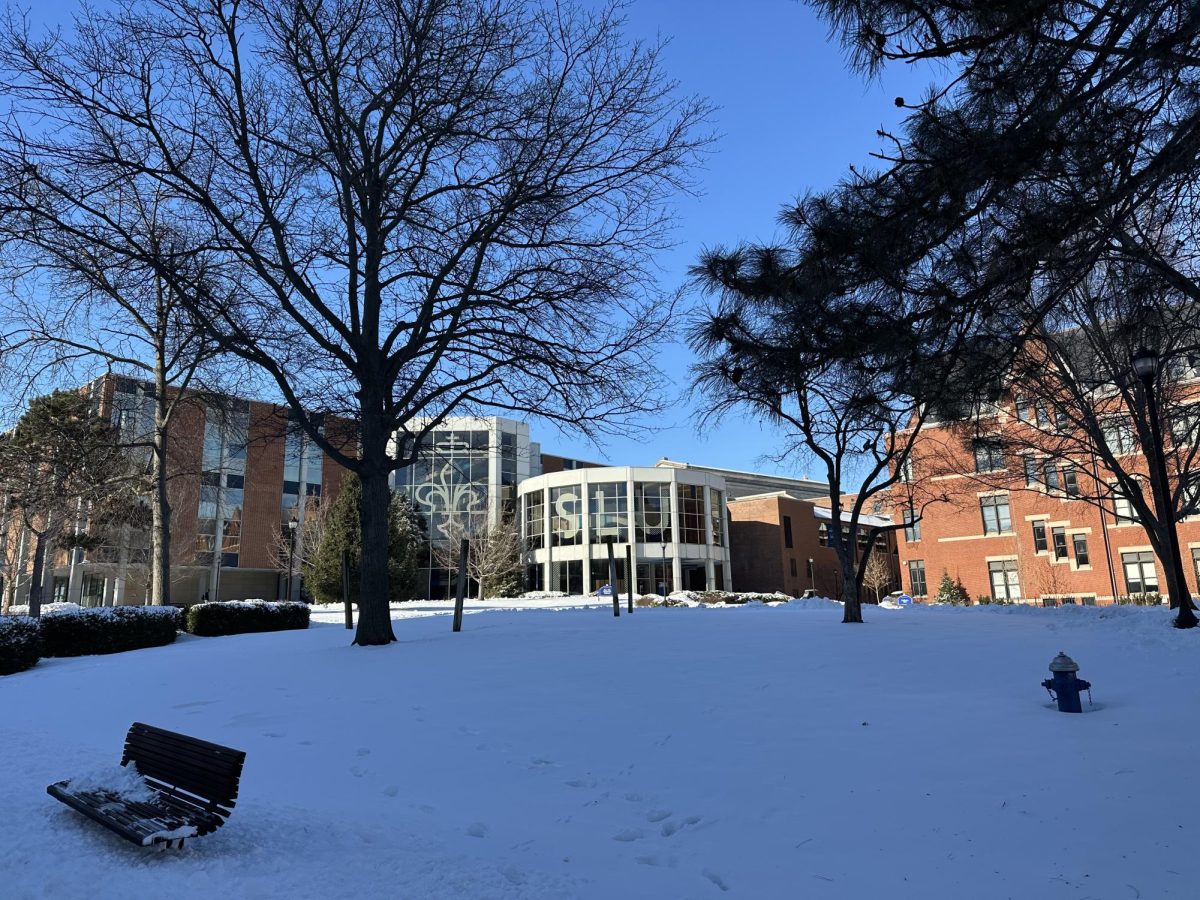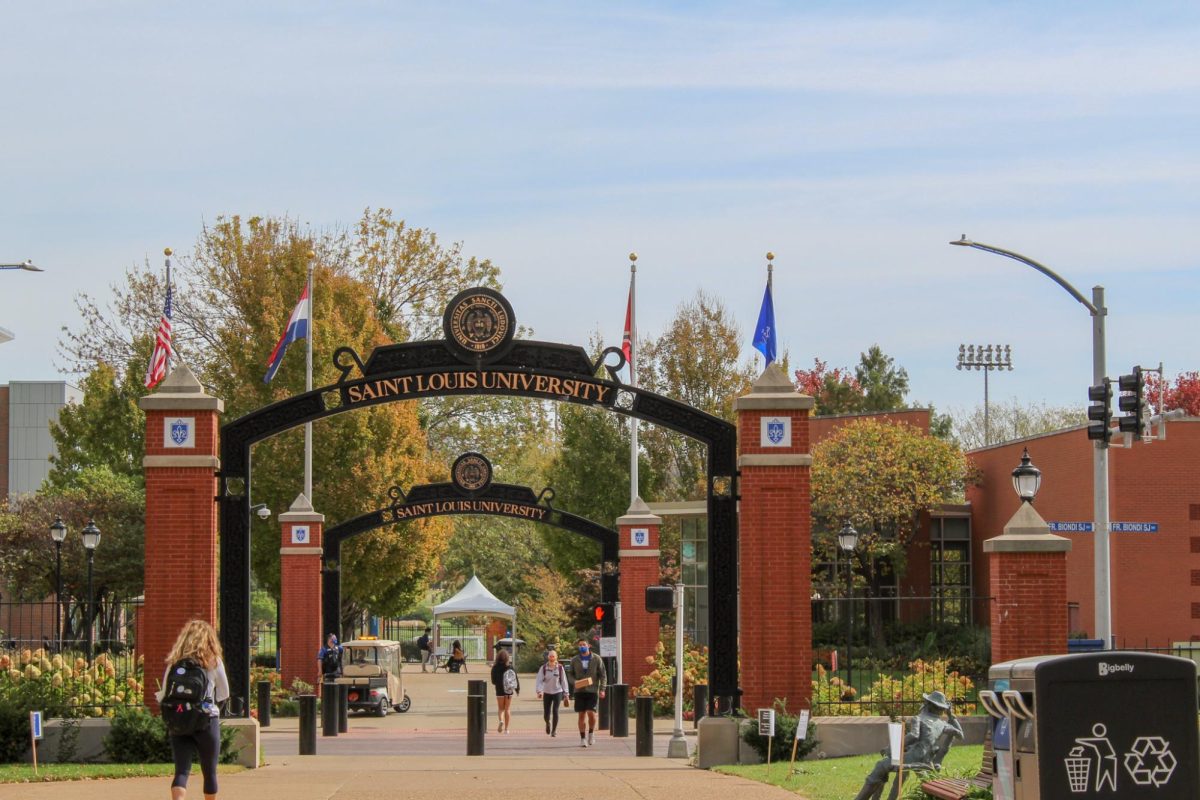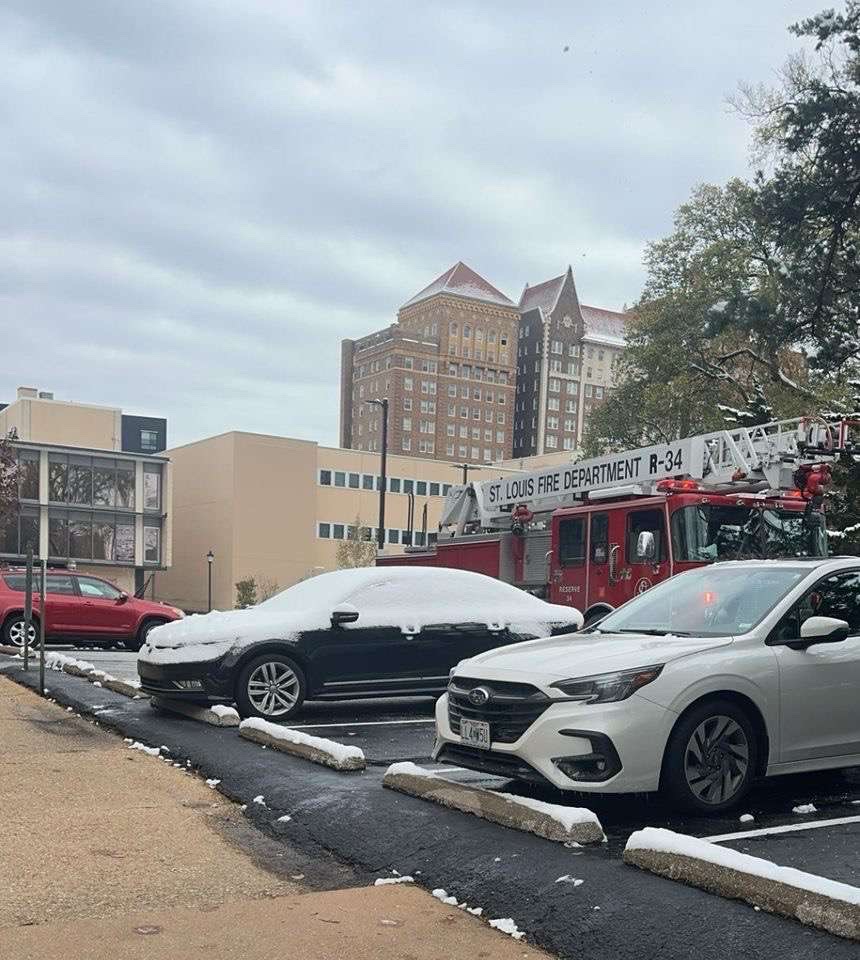July 1 is the official transition date that the Graduate School Transition Team has set for the Saint Louis University Graduate School to decentralize and run graduate programs and associated assistantships out of the respective colleges and schools.
Paaige Turner, chair of the Graduate School Transition Team, said that the team has formed a subcommittee comprised of business managers and faculty from across the University to make recommendations of how the money will be allocated for the graduate programs without a central entity.
“The benefits of this reorganization are increased flexibility for the colleges, in terms of programming and budgeting,” Turner said. “The transition team is very committed to ensuring that we sustain and enhance the quality of all graduate education.”
Under the new structure, the marketing and enrollment functions of the graduate school will move under Enrollment Management, admission decisions will remain with the faculty of each graduate program, administration of assistantships will move to the colleges and schools, and the current Graduate School staff will be retained.
The Graduate Academic Affairs Committee, made up of representatives from each college and school, will be responsible for overseeing the administration of graduate programs.
“The plan is to give individual colleges more flexibility that may filter down to the departments, depending upon the goals of that college,” Turner said.
This decentralization was first mentioned in SLU President Lawrence Biondi, S.J.’s October message to the SLU community, and with additional faculty review, the academic restructuring was made official in his Jan. 27 message. In that message, Biondi committed to increase funding for graduate programs and assistantships.
“I firmly believe these changes will enhance graduate education at SLU by ensuring that our colleges and schools are even more invested in our graduate and professional programs,” Biondi said in his January message.
The transition team has asked each college to create a comprehensive needs plan to address the department’s needs during the transition, and to determine what is necessary to increase the competitiveness of their graduate programs. The team has been charged with developing a communication plan that informs relevant stakeholders and provides the opportunity for input, along with identifying the key tasks of graduate education, developing subcommittees based on specific tasks, and drafting proposals recommending that institutional structures and practices submit recommendations to Biondi.
An issue that is currently being addressed by the transition team is the application process for prospective students during this transition period. Turner said that most graduate students have been admitted for fall, and their materials are being processed through the current graduate school.
“As students begin to think about spring 2011 and fall 2011, we need to be prepared to address their questions and process their materials under the new structure,” Turner said.
The University is working toward implementing an online application process for graduate students that would begin in July, to ease this application transition into the individual departments.
Manoj Patankar, interim vice president for Frost Campus, believes that it has been a success thus far.
“I think the process is going really well,” Patankar said. “We have all the stake holders engaged in the process, and we are discussing details and guidelines for the future.”



